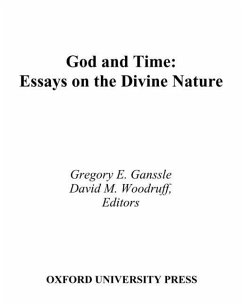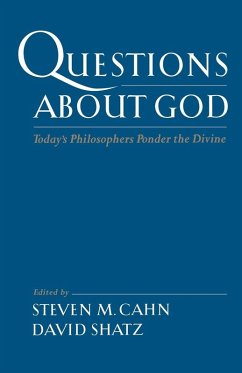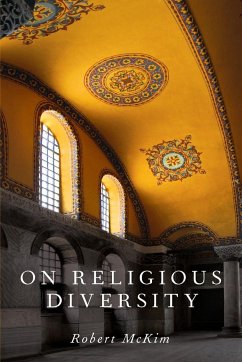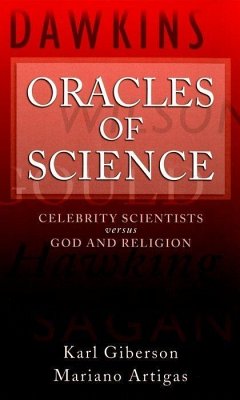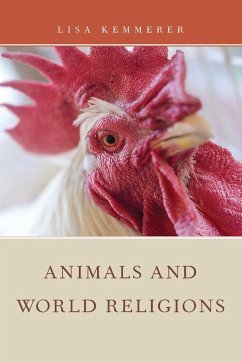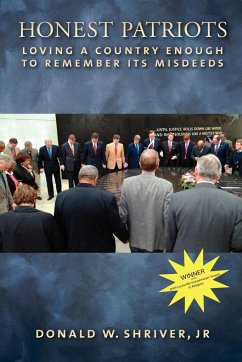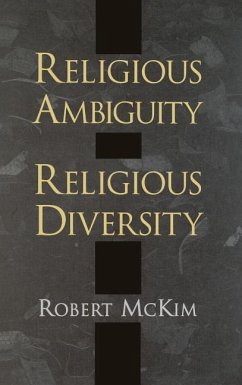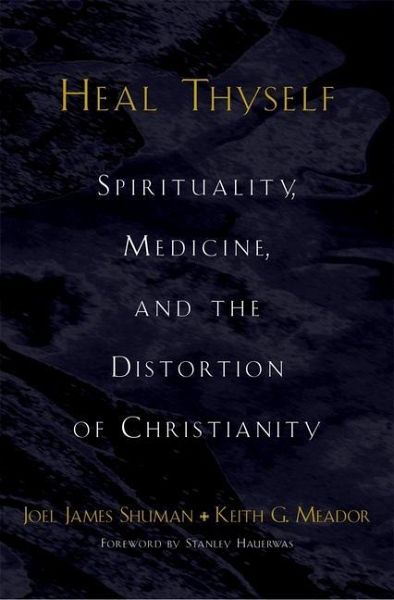
Heal Thyself
Spirituality, Medicine, and the Distortion of Christianity

PAYBACK Punkte
40 °P sammeln!
In recent years, a movement stressing a causal relationship between spirituality and good health has captured the public imagination. Told that research demonstrates that people of strong faith are healthier, physicians and clergy alike urge us to become more religious. The religion and health movement, as it has become known, has attracted its fair share of skeptics. While most root their criticism in science or secularism, the authors of Heal Thyself, one a theological ethicist, the other a physician, instead challenge the basic precepts of the movement from the standpoint of Christian theol...
In recent years, a movement stressing a causal relationship between spirituality and good health has captured the public imagination. Told that research demonstrates that people of strong faith are healthier, physicians and clergy alike urge us to become more religious. The religion and health movement, as it has become known, has attracted its fair share of skeptics. While most root their criticism in science or secularism, the authors of Heal Thyself, one a theological ethicist, the other a physician, instead challenge the basic precepts of the movement from the standpoint of Christian theology. Heal Thyself argues that popular culture's fascination with the health benefits of religion reflects not the renaissance of religious tradition but the powerful combination of consumer capitalism and self-interested individualism. A faith-for-health exchange misrepresents and devalues the true meaning of faith. For Christians, being religious does not mean enlisting faith as a vehicle to get what we want--be it health or wealth--but rather learning by faith to want the right things at the right time, and to live with a spirit of gratitude and hope.




